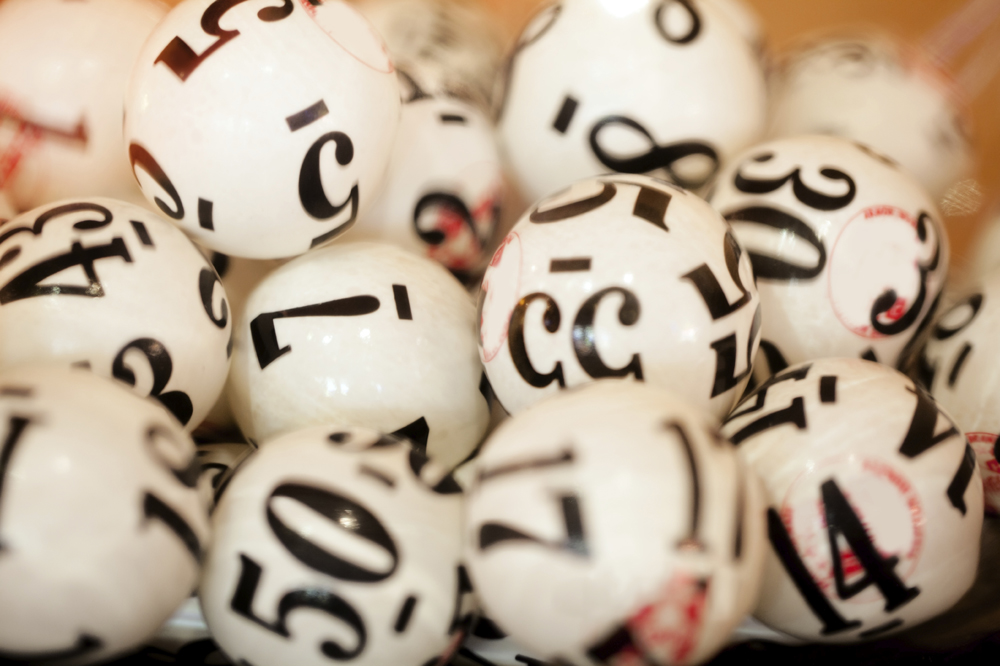You get a call or letter informing you that you can win millions in a foreign lottery. Is this your lucky day? Nope, it’s most likely a scam that’s preying on your excitement to claim a big prize.
Stay safe. Be Informed.
- Crooks take advantage of our natural desire to win. You see state lotteries and other contests advertised all the time. Why shouldn’t it be your turn to win? So when someone presents the chance to play a foreign lottery, it may seem like the perfect opportunity.
- It’s illegal to use the mail or telephone to play lotteries across borders. U.S. law prohibits it, not only across national borders but state lines as well. So you could end up being accused of illegal activities just by participating.
- No matter how official these solicitations look or sound, they’re not real. Sometimes the lotteries actually exist, but invitations to play don’t come from governments that operate legitimate lotteries or anyone connected to them. And there is no way of assuring that you’ll ever get the tickets you pay for or, in the unlikely event that you win, you’ll be able to collect the money. The crooks will simply pocket it.
- Joining a lottery “club” won’t improve your chances of winning foreign lotteries. Con artists claim that pooling your money with other people means you can buy more tickets and have more chances to win. But the odds of winning remain tiny, and you still don’t know if tickets will actually be bought or if you’ll ever be able to collect.
- Be cautious when giving out your credit card or bank account numbers. As many people know, crooks can use that information to make unauthorized charges or debits to your accounts, in some cases repeatedly. It is always better to call the actual company to verify the person requesting your information is authorized to do so.
- Lottery scammers often insist the money be wired to them. That makes it quicker for them to get it and harder to trace.
- Your chances of recovering money from foreign crooks may be even worse than of actually winning a lottery. Most lottery scams are perpetrated by con artists in other countries, sometimes using U.S. addresses to disguise their real locations. Differences in legal systems, difficulties of conducting investigations in other countries, and expenses and other complications involved in pursuing cross-border fraud make the chances of getting your money back very, very slim.
- The only guarantee is that you’ll end up on more “sucker lists.” When you respond to a lottery solicitation, you identify yourself as a potential victim, resulting in many more offers for lotteries and other fraudulent money making opportunities.





